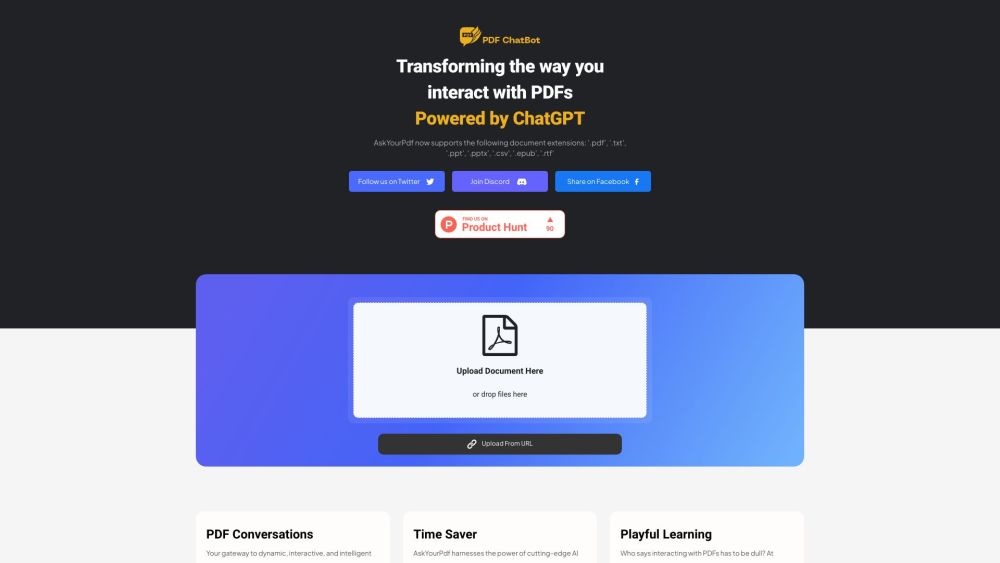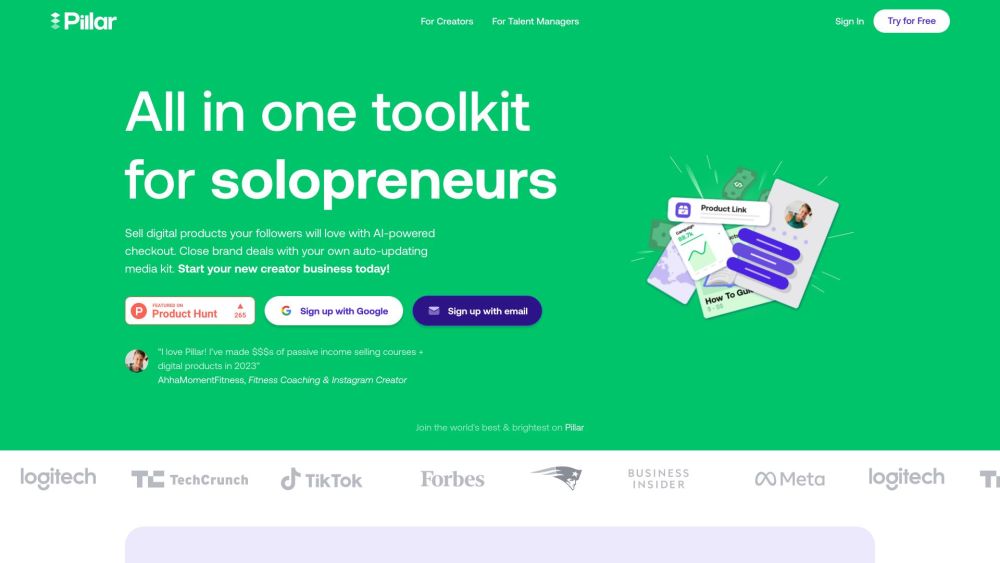OpenAI has escalated the AI arms race by introducing free fine-tuning for its GPT-4o Mini model, mere hours after Meta launched its open-source Llama 3.1 model.
While OpenAI hinted at upcoming customization features during last week’s GPT-4o Mini announcement, the timing of this release is both strategic and notable. In the competitive arena for AI supremacy, such synchronized moves are unlikely to be coincidental.
The New Era of AI Customization
This development reshapes the AI landscape and highlights the precarious nature of traditional market leaders. Tech giants now face a critical choice: innovate swiftly or risk being overshadowed as AI democratization becomes the new competitive edge.
OpenAI’s offer, valid through September 23, allows developers to customize the GPT-4o Mini for specific applications at no extra cost. This strategy blends proprietary control with open-source accessibility, appealing to businesses that seek tailored AI solutions while maintaining oversight.
OpenAI’s announcement appears intentional, coming just as Meta’s Llama 3.1 began garnering attention as a viable, free alternative to proprietary models. By offering free fine-tuning, OpenAI seeks to keep developers within its ecosystem while safeguarding its core technologies.
Customization is Key: How GPT-4o Mini is Transforming AI
Industry experts view this move as part of a larger trend toward accessibility and customization in AI. As technology advances, the ability to adapt models for specific applications is becoming as essential as raw performance.
The GPT-4o Mini model signifies a substantial leap in AI efficiency. Its lower cost and expanded context window make it attractive for businesses looking to implement AI without the high investment typically associated with larger models.
However, this rapid advancement in AI raises ethical questions. The ability to fine-tune powerful models like GPT-4o Mini could lead to the potential misuse of technology, resulting in misinformation or deepfakes if not adequately regulated.
The Future of AI: Balancing Power, Accessibility, and Ethics
Despite these concerns, the AI community has largely embraced OpenAI’s announcement. The model's robust performance on independent evaluation platforms indicates it could transform business operations, striking a balance between power and customizability.
Businesses find themselves at a crossroads in the evolving AI landscape. The choice between open-source models like Llama 3.1 and customizable options like GPT-4o Mini will depend on various factors, including specific use cases, in-house expertise, and long-term AI strategies.
As these trends continue to shape the industry, businesses and developers must remain agile, continually reassessing their AI strategies amid rapidly changing options and capabilities. The AI arms race is far from over, and the coming months are expected to introduce even more innovations as companies vie for leadership in this transformative field.






